Foreign direct investment – win-win or land grab? [EN, FR, ES, AR]
- FAO
- 10 November 2009
Issue paper by FAO for the World Summit on Food Security, Rome, 16-18 November 2009

Issue paper by FAO for the World Summit on Food Security, Rome, 16-18 November 2009
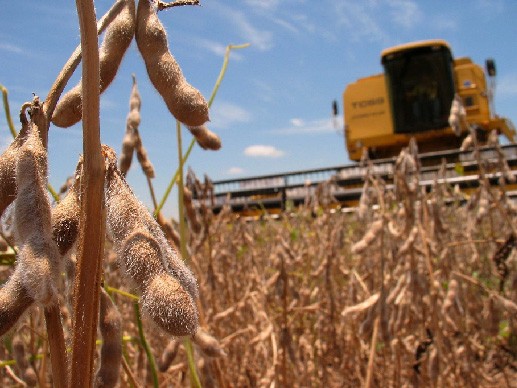
Buenos Aires-based Cresud plans to acquire more land to add to the 484,000 hectares (1.2 million acres) it owns and the 90,410 hectares it leases in Argentina, Brazil, Paraguay and Bolivia

ENI plans to develop 70,000 ha of palm oil in Congo
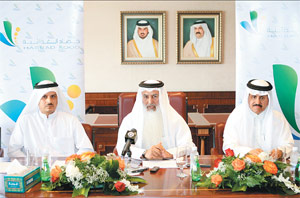
Earlier this year, delegates to the annual session of China’s parliament debated a proposal to seek employment for up to 100 million Chinese in various African countries to solve two of China’s greatest challenges—food security and unemployment.
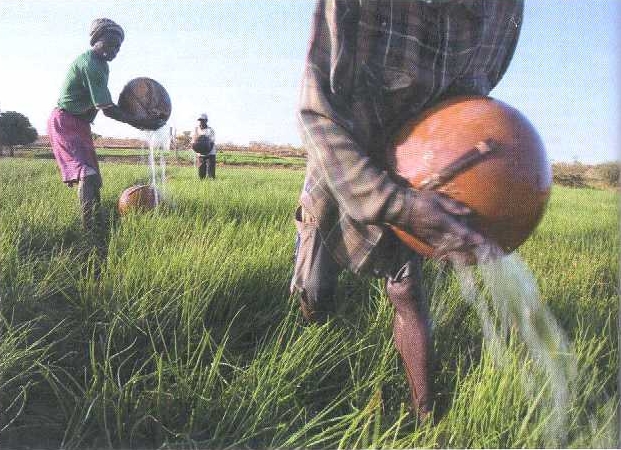
IIs ont des mines inquiètes. « La politique du gouvemement est tournée vers les investisseurs etrangers. Mais, nous, qu'allons-nous devenir? »
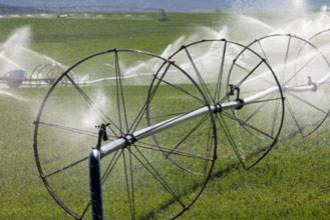
De Jager is worried about Libya’s record in enforcing contracts with foreign companies, and the lack of social support networks. “There’s a lot of money to be made for someone with balls,” he says.
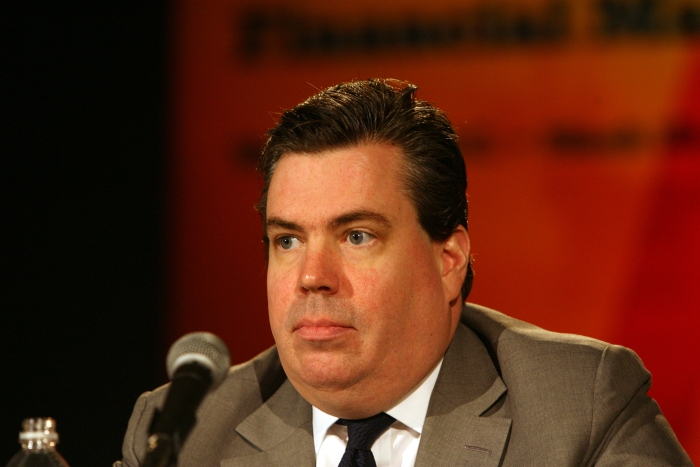
Commodity experts such as Goldman Sachs's Currie believe that land-grabbing is a good thing. He argues it will lead to more investment in agriculture. But others worry that the phenomenon will see farmers thrown off their land as more powerful forces move in.
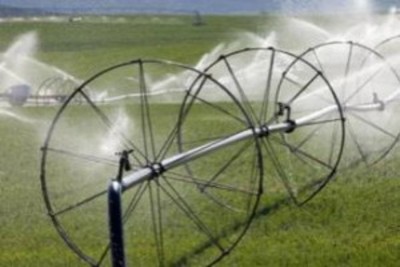
Saudi Arabia plans to phase out production of water intensive crops such as wheat, soybeans and animal fodder. "It would be best to grow these kinds of crops outside Saudi Arabia," says the kingdom's water and electricity minister.
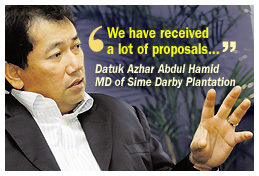
Sime Darby Bhd, which owns 220,000ha of oil palm estates in Liberia, plans to strengthen its presence on the African continent and is eyeing more land in Cameroon, Congo and South Africa. The expansion is part of a long-term strategy to double planted areas to one million hectares and be nearer to the growing markets of Europe and the US.
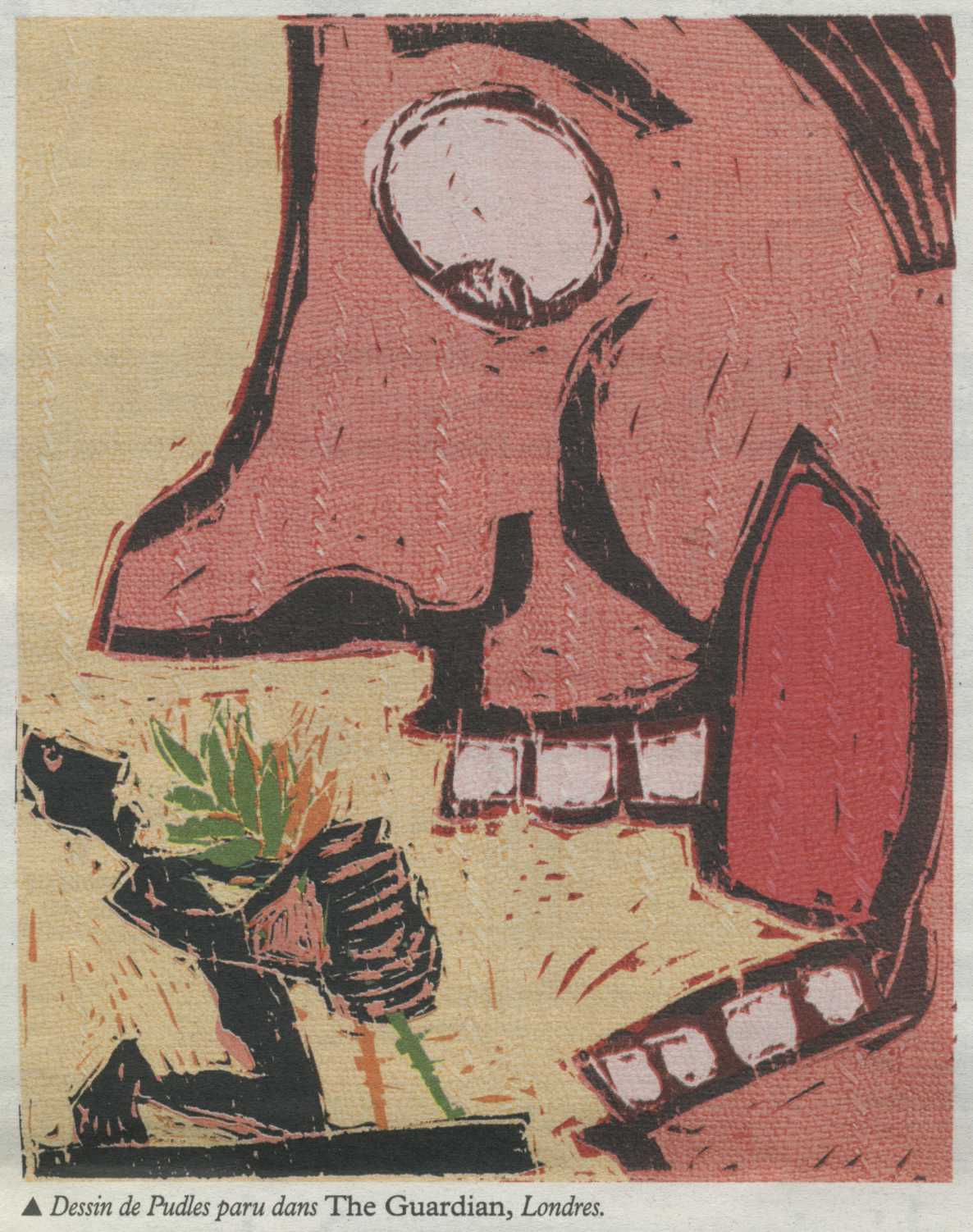
Ama Biney escribe para Pambazuka News sobre la nueva avalancha de acaparamientos de tierras en África por parte de gobiernos extranjeros e inversores privados, movidos por el temor a una escasez mundial de alimentos provocada por el cambio climático y a una volatilidad en los precios de éstos en el mercado internacional

One must ask if arrangements such as those promoted by Hassad Foods of Qatar are really that much better.

More than 50 heads of state will gather for a summit later this month to look at ways of policing the extraordinary "land grab" that has seen richer countries buy up at least 20m ha of farmland in Africa in the last 18 months.